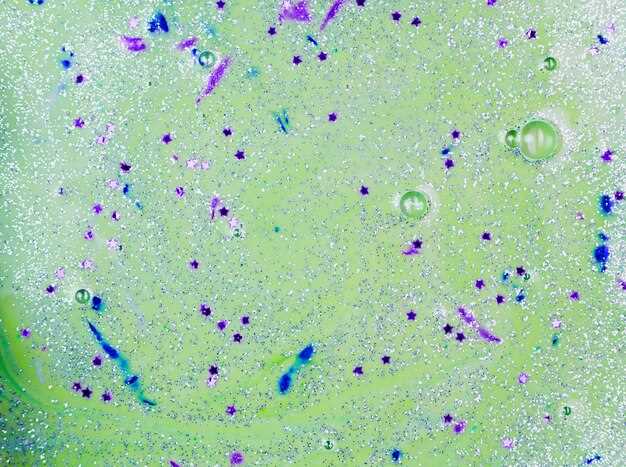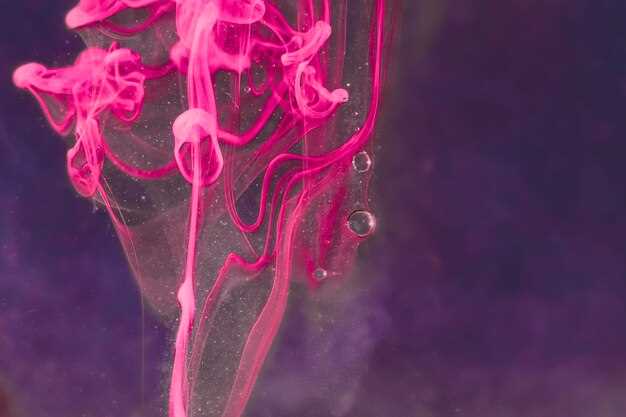
Enhance your well-being with our meticulously crafted selection of specialized solutions. Dive into a world of refined formulations that cater to your unique needs.
About Contaminants in Pharmaceutical Quality

When delving into the intricacies of pharmaceutical formulations, it becomes imperative to scrutinize every facet contributing to its overall quality. Among the pivotal aspects under scrutiny are the various impurities present within these formulations, each possessing the potential to influence efficacy and safety. In this section, we embark on a journey to unravel the significance and nuances surrounding the impurities nestled within pharmaceutical compositions.
The Nature of Impurities
Impurities, akin to clandestine actors within a theatrical performance, often lurk within pharmaceutical compounds, albeit unnoticed at first glance. These clandestine entities encompass an array of substances, ranging from innocuous byproducts of synthesis to potentially hazardous contaminants introduced during manufacturing or storage processes.
Exploring the realm of pharmaceutical quality mandates a comprehensive understanding of these impurities, their origins, and their potential ramifications on product efficacy and patient safety. Let us embark on a voyage of enlightenment as we decipher the intricacies of impurities within pharmaceutical formulations.
Understanding Contaminants in Therapeutic Medications

Delving into the intricacies of pharmaceutical purity is essential for ensuring the efficacy and safety of therapeutic medications. In this section, we explore the nuances surrounding impurities present in pharmaceutical formulations, shedding light on their impact on product quality and patient well-being.
- Types of Impurities: Contaminants within medications can manifest in various forms, ranging from organic compounds to inorganic substances. Understanding the diverse nature of these impurities is crucial for comprehending their potential effects on drug potency and patient health.
- Sources of Contamination: Impurities can infiltrate pharmaceutical formulations through multiple avenues, including raw material sourcing, manufacturing processes, and storage conditions. Identifying these sources enables proactive measures to mitigate contamination risks and uphold product integrity.
- Quality Control Measures: Rigorous quality control protocols play a pivotal role in safeguarding pharmaceutical products against impurities. From stringent testing procedures to adherence to regulatory standards, comprehensive quality control frameworks are imperative for ensuring the purity and efficacy of therapeutic medications.
- Impact on Therapeutic Efficacy: The presence of impurities in medications can significantly influence their therapeutic efficacy and safety profiles. Whether altering pharmacokinetic properties or triggering adverse reactions, understanding the repercussions of contamination is paramount for optimizing patient outcomes.
- Regulatory Compliance: Compliance with regulatory guidelines is non-negotiable in the pharmaceutical industry, particularly concerning impurity control. Adhering to stringent regulatory frameworks ensures that medications meet established purity standards, fostering trust among healthcare professionals and patients alike.
By delving into the complexities of pharmaceutical contamination, we equip healthcare stakeholders with the knowledge and tools necessary to uphold the highest standards of product quality and patient care.
Benefits of High-Q
In this section, we delve into the myriad advantages b

